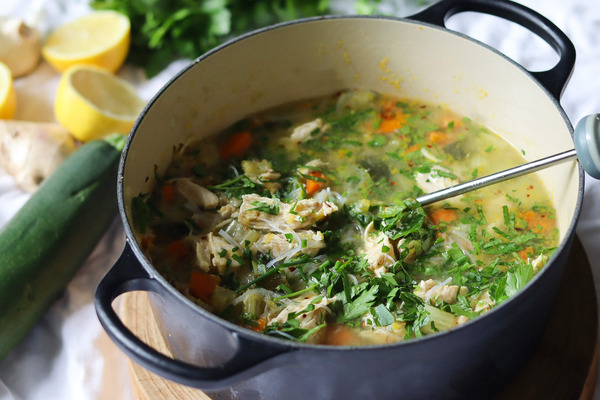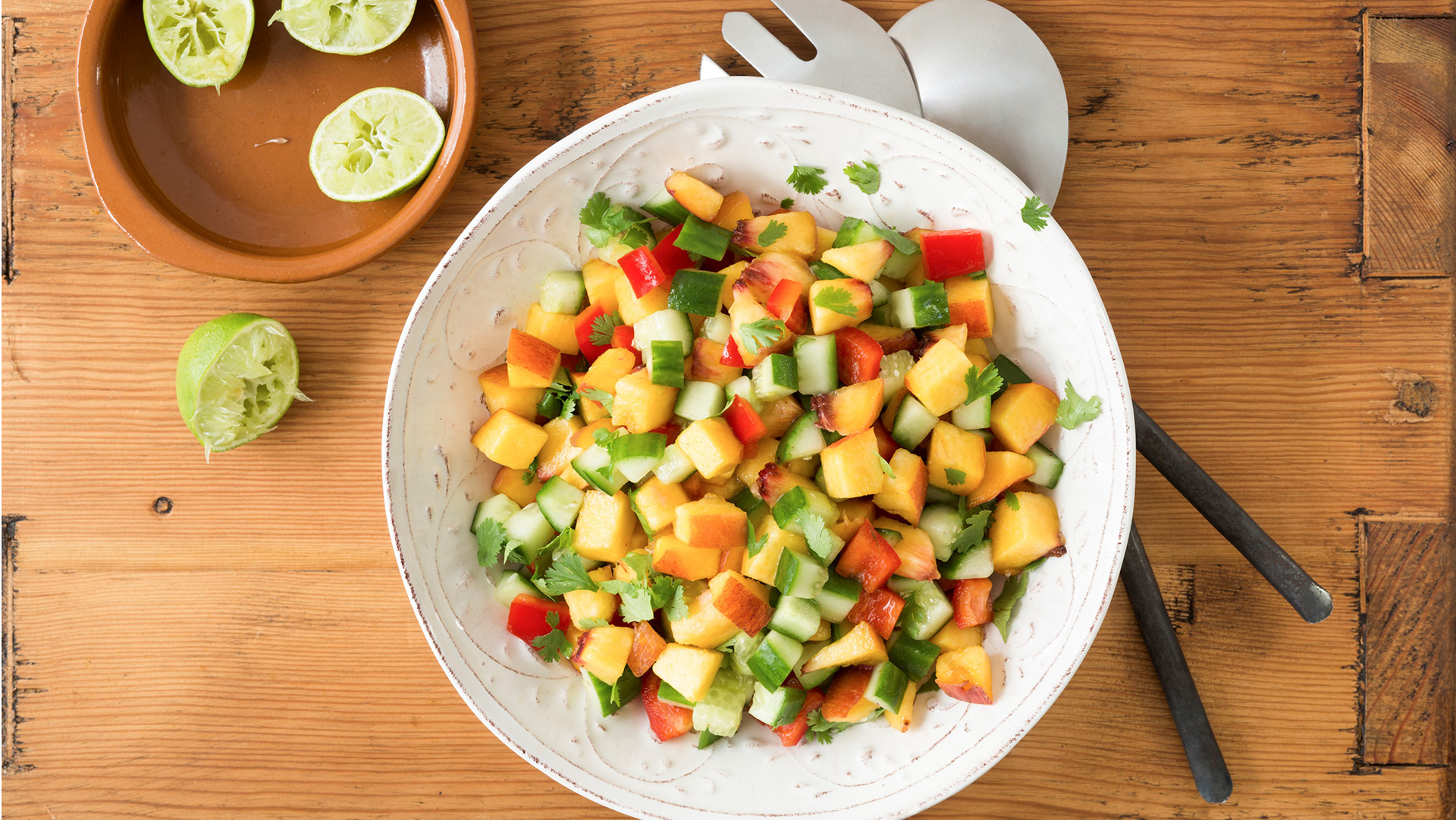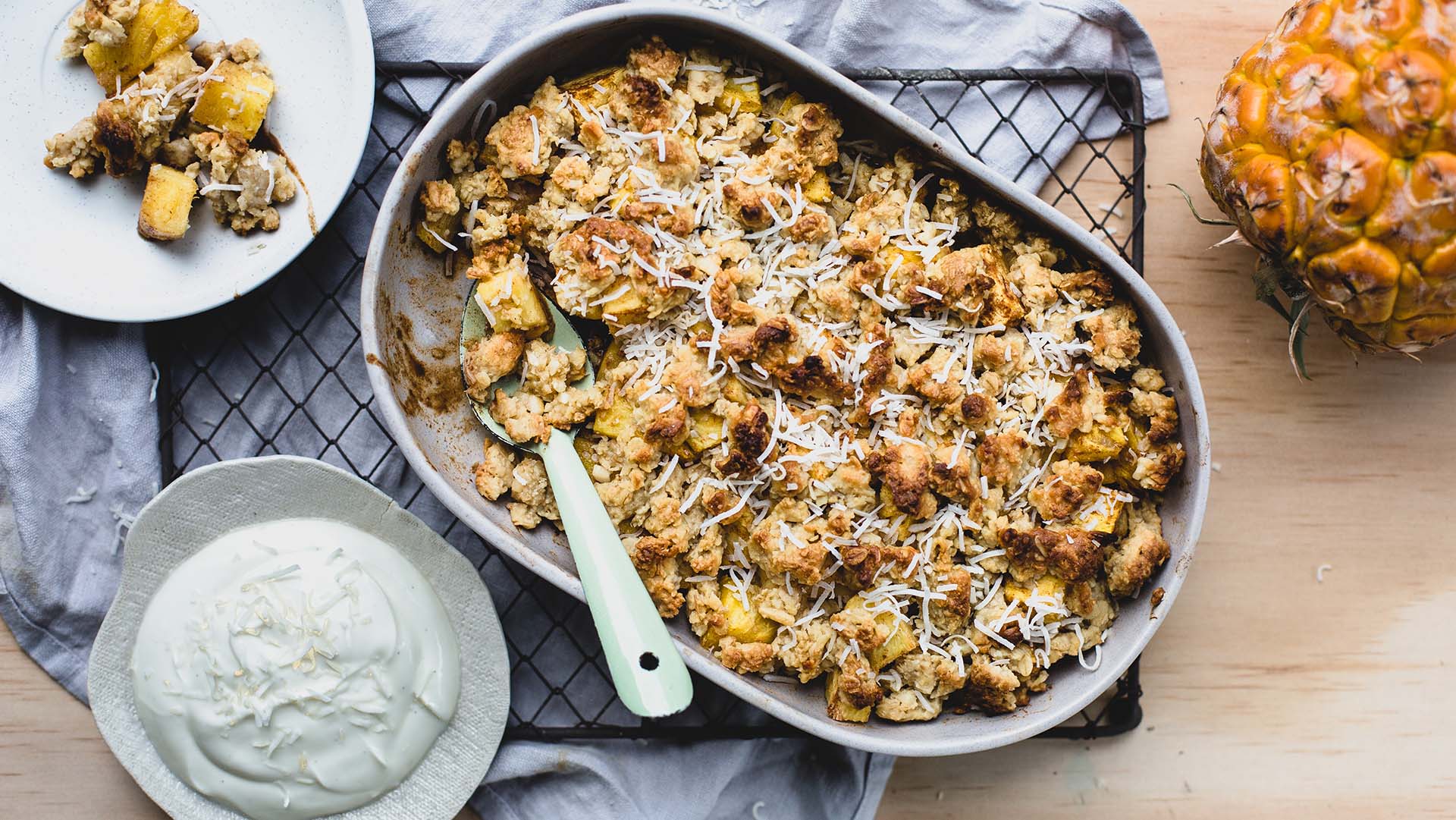-
Our nutritional needs vary so much across our lifespan, and it never ceases to amaze me. For instance, a baby is satiated by just a pea-sized amount of super-nutritious colostrum, while most teenagers, particularly boys, have acute femorus emptus (or “hollow legs”).
Changing hormones in teenagers mean the body spends long days and nights growing bones, muscles, organs and brains, and their diet should reflect these needs.
In our adult years, the focus of nutrition should be all about keeping our hearts healthy, our organs working, our muscle mass strong and our metabolism consistent – which can be hard to do in the face of all the luxuries and food available to us in the western world.
As we enter our older years, our needs change yet again and continue to do so. So then, what dietary advice would I give a 25 year old, compared to a 65 year old?
Your diet at 25
At 25, you’re fully grown and have a lifetime ahead of attempting to dodge diseases such as type 2 diabetes and heart disease. You should also be making sensible food and fitness choices to avoid illnesses like osteoporosis, and lifestyle-influenced cancers.
Borrowing some automotive terms, here’s my dietary advice to people around 25 years old:
- Enjoy premium parts. Where possible, try to buy food that doesn’t have much labelling or packaging. Fresh vegetables, fruit, nuts, legumes, fish, some chicken and red meat, whole grains, and dairy. Foods without labels often have limited sodium and additives.
- Use the right octane fuel. Tailor your intake of carbohydrate-rich food like breads and cereals to suit your level of physical activity. Some bodies can tolerate and burn through a lot of carbs, while some may run better on reduced carbohydrates.
- Ensure optimal emissions. Eat whole grains daily to ensure regular bowel movements and lifelong gastrointestinal health.
- Put good oil in your system. Eat plenty of foods rich in unsaturated fats, such as oily fish, nuts, avocado, and olive oil.
- Rev the engine out regularly. Exercise regularly, at differing intensities and for different durations. This will help you stay as strong and fit as you can be, before age-related muscle mass reduction occurs.
- Avoid radical changes in fuel. That means you should avoid unsustainable and crash dieting.
Your diet at 65
At 65, you’re probably past the halfway point in your life, and you’re likely to have picked up some wear and tear over the years. To keep your body in top condition, follow these guidelines:
- Gently rev your engine regularly. Exercise to keep your body strong and well balanced and to avoid frailty.
- Use premium parts. Eat at least one serving, preferably two, of protein and calcium-rich foods at each meal to keep your bones and muscles strong. Milk, cheese, yoghurt, fish, nuts, legumes, red meat, chicken and turkey are all good options.
- Keep putting good oils into your system. Enjoy moderate to liberal amounts of foods rich in unsaturated fats, such as oily fish, nuts, avocado and olive oil.
- Reduce your fuel’s octane. Consider reducing carbohydrate-rich foods, especially if you have type 2 diabetes, if you are inactive, or if you no longer fit into your old car space.
- Optimise your emissions and exhaust function. You can do this by consuming plenty of vegetables, legumes and fruit.
Above all, get the right advice when it comes to nutrition, and consider seeing an Accredited Practising Dietitian. They can sit down with you and work out a nutrition plan according to your individual body’s needs.
Your diet at 25 vs. your diet at 65

-
Is sharing a meal the secret ingredient to a happier life?
Why social connection may be the most important ingredient on your plate.
-
Chicken soup with parmesan, rice, peas and lemon recipe
Nourishing chicken soup
-
The best immunity-boosting foods
Key nutrients to focus on that could help to boost your immunity, and the how to get them.
-
Comforting chicken noodle soup
Packed with anti-inflammatory ingredients including leek, garlic and ginger, this chicken noodle soup is hearty, full of goodness and great for any night of the week.
-
Peach salsa recipe
Zesty and unusual peach salsa recipe
-
Pineapple gingerbread crumble recipe
A summer riff on a winter classic.
Subscribe to receive the best from Live Better every week. Healthy recipes, exercise tips and activities, offers and promotions – everything to help you eat, move and feel better.
By clicking sign up I understand and agree to Medibank's privacy policy






